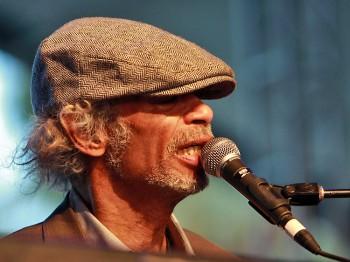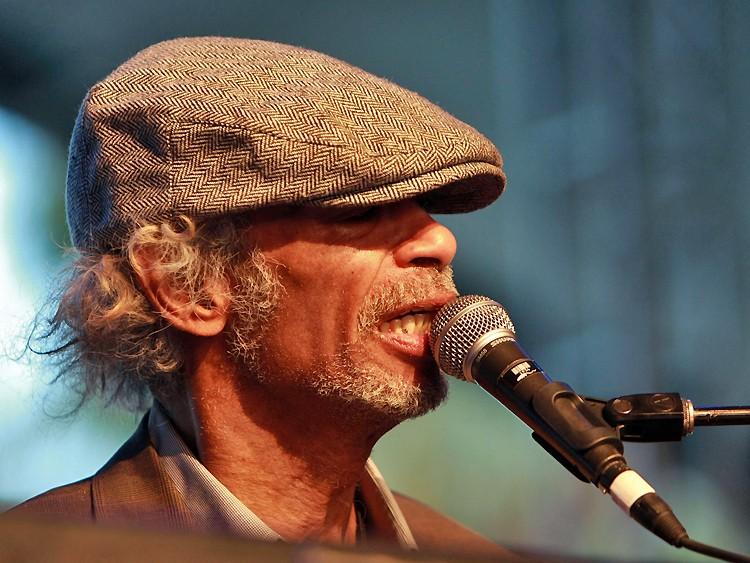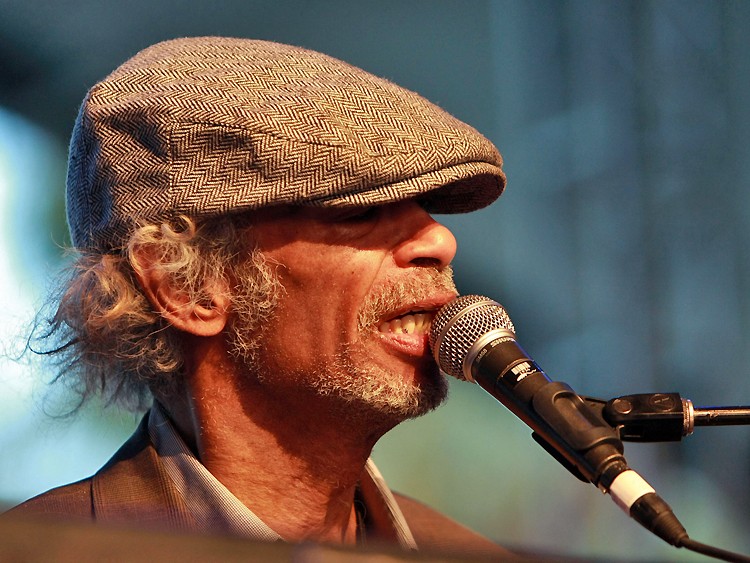From the Heartland: Good Bye, Gil
I felt compelled to write on the recent passing of Gil Scott-Heron. True. I didn’t really know him, but his music and words touched my heart like too few have.

SANG THE TRUTH: Musician and poet Gil Scott-Heron died last week at age 62. In this file photo he performs during the Coachella Valley Music & Arts Festival 2010 held at the Empire Polo Club on April 16, 2010, in Indio, Calif. Anna Webber/Getty Images
|Updated:







